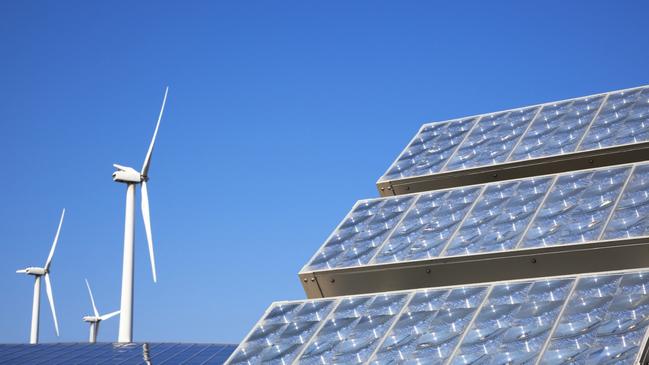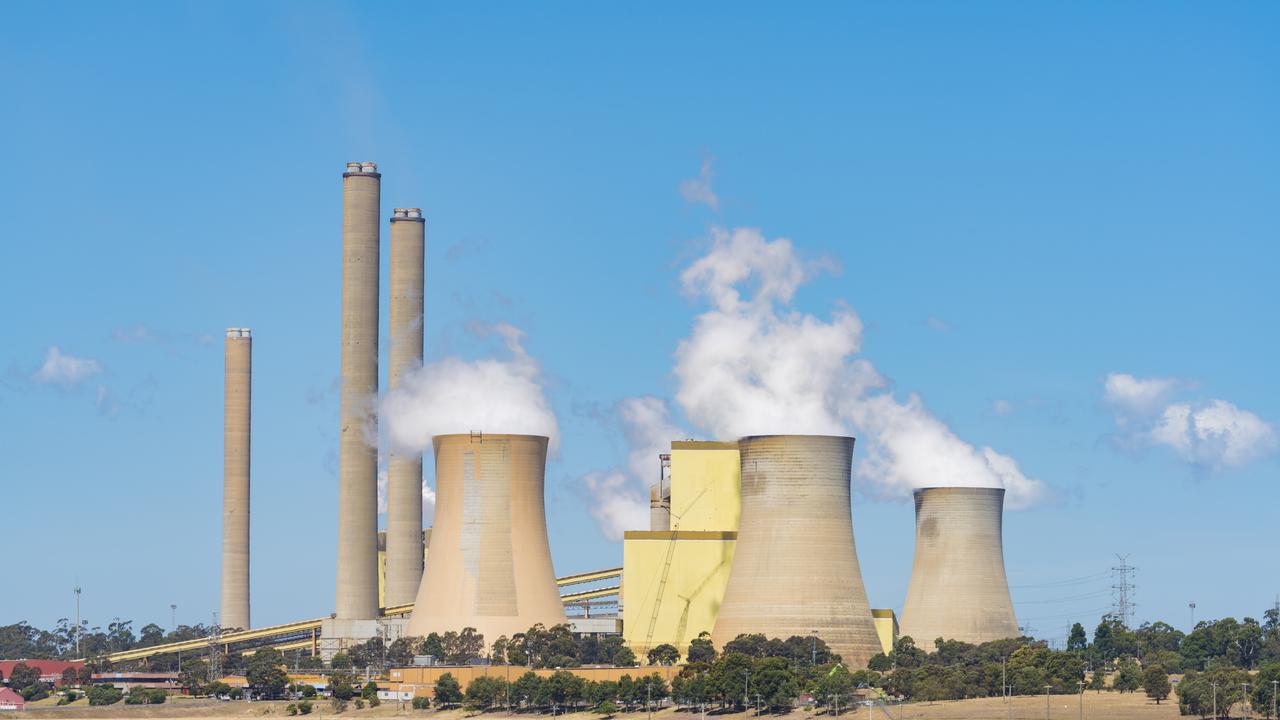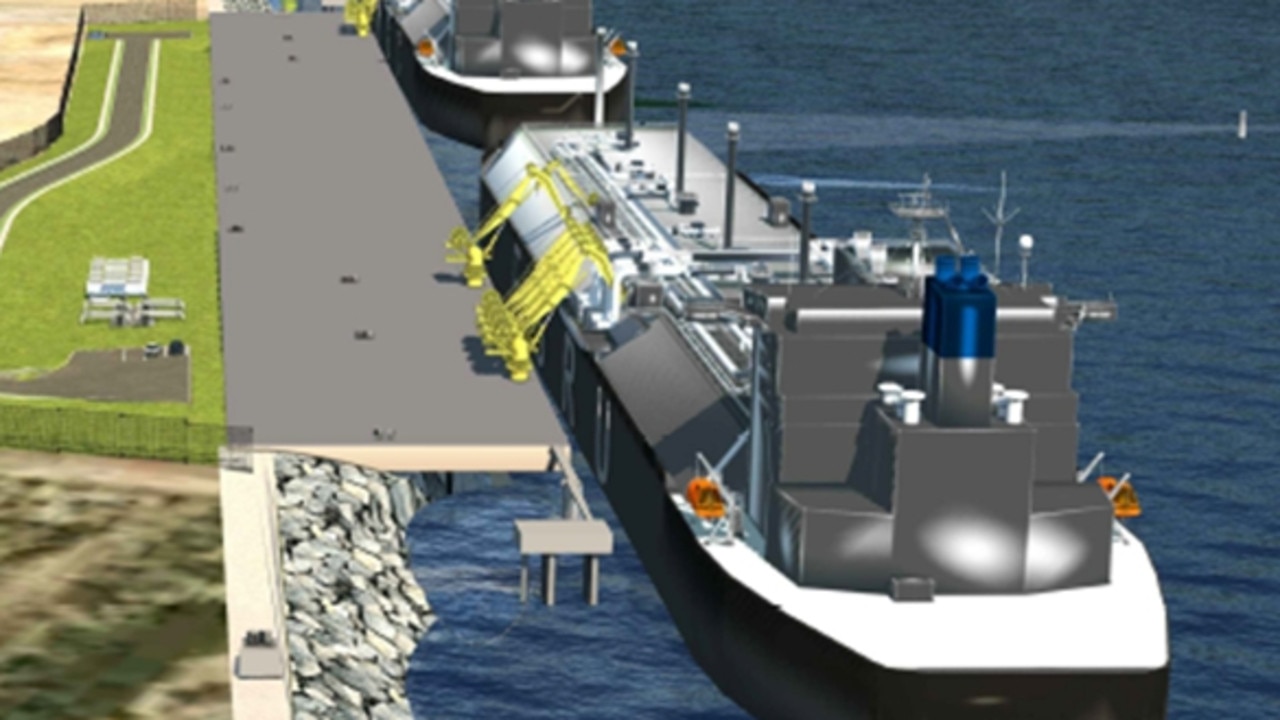Coal replacement plan critical to avoid power shock: Clean Energy Council
A ‘just in time’ approach to replacing coal generation will lead to higher electricity prices and reliability issues, the Clean Energy Council warns.

A “just in time” approach to replacing coal generation in Australia’s power grid will lead to higher electricity prices and reliability issues, the Clean Energy Council has warned, with the next federal government needing to make a series of critical reforms to avoid a rocky transition.
While coal is still supplying up to 60 per cent of generation for the national power system, concerns are mounting over a bumpy journey to cleaner forms of energy given three-quarters of the coal fleet is operating beyond its intended design life.
“An orderly transition is about ensuring enough renewable energy capacity has been built and connected to the grid, well before Australia‘s ageing and unreliable coal-fired power generation fleet fails or is decommissioned because it has become too expensive to run,” Clean Energy Council chief executive Kane Thornton said.
“A just-in-time approach to replacing this ageing coal capacity contributes to higher electricity prices for consumers – as we are already seeing – and potentially even has reliability impacts.”
AGL Energy’s Loy Yang A plant in Victoria is without a quarter of its capacity until August 1 after an electrical fault while half of NSW’s Vales Point coal station has also been down for the last month.
The breakdown adds to a series of outages from major coal operators which has contributed to a massive spike in wholesale spot power prices, more than double the level of three months ago.
The CEC wants a national, co-ordinated approach to the energy market to avoid a further splintering where the states have decided to go it alone with their own policies and investment frameworks to fill the void.
“Without the federal government stepping up and again taking leadership, there‘s a real likelihood we will enter a period of energy Balkanisation, where each state races the other to build new generation and transmission,” Mr Thornton said. “While this will support decarbonisation and create local economic benefits, we will lose out on some of the key benefits the national electricity market was designed to deliver.”
The CEC wants the winner of the election to establish a new authority with at least $1bn in funding to invest in coal community transition initiatives across Australia and urged greater investment in transmission to allow more renewables to be shared across state borders.
Vales Point, half owned by billionaire Trevor St Baker, hopes to bring back half of its capacity on Sunday after a month-long outage from a generator leak.
The power station, which supplies about 4pc of power for the national electricity grid, has been without one of its two 660-megawatt units since early April.
Vales operator Delta Electricity confirmed the unit had been out for a month after hydrogen was detected in the generator‘s stator water system. The leak has been repaired and Delta expects to bring the unit back online on Sunday.



